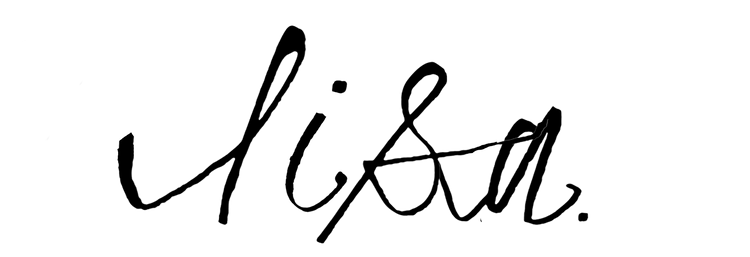When I think of being humble and the act of humility, two things immediately come to mind. The first is the song, Humble by Kendrick Lamar and the second is something I once heard Bono of U2 fame say. In an interview about songwriting he shared the importance of being humble in regards to traits we are born with. Whether it is good looks, an athletic frame, or perfect pitch. Not that we don’t put a lot of work behind them to put these traits to use, but to remember that we didn’t necessarily earn them. We started toward the top, far from the bottom. This is such a unique take on the idea of talent, skill, gifts, passion, etc. It lives rent free in my mind from time to time.
When it comes to the hard science of humility, I was surprised to find that neuroscience is still working toward locating humility in the brain. Currently, neuroscientists are looking at determining a pathway for humility via review of EEG’s by measuring brain activity when study participants make task related errors as a way to eventually access what parts of the brain are active when humility is present.
For now, there exist a number of research studies regarding characteristics associated with humility. Dr. Marc Leary of Duke University’s Department of Psychology and Neuroscience has found that humility relies on what he classifies as hypo-egoic phenomena.
He says, “ More recently, I became interested in ‘hypo-egoic’ phenomena in which people devote less attention to themselves than they typically do, and humility falls in that category (along with other hypo-egoic phenomena such as flow, mindfulness, awe, and mystical experiences).”
To further explore hypo-egoic phenomena Leary conducted two studies where over 400 participants were asked to describe personal accomplishments they were proud of and then how their accomplishments and characteristics rated against those of other people. Additionally participants rated how others should treat them based on these characteristics and accomplishments. Participants then completed measures of humility, self-esteem, narcissism, psychological entitlement, self-interest, identification with humanity, individualism/collectivism, and social desirability.
Leary’s findings suggest that while humble people are able to recognize their accomplishments and talents, there exists a prominent character difference between humble people and braggarts.
Leary explains,
“The central feature that characterizes humble people, in my view, is ‘hypo-egoic nonentitlement’ — they do not think that they are entitled to be treated special as a person because of their accomplishments or positive characteristics.”
“Humble people recognize that, their special accomplishments or attributes not withstanding, they are just like everybody else, with a host of shortcomings, weaknesses, hang-ups, and failures. So, they don’t expect extra attention, interest, favors, or special treatment from other people.”
Interesting, right?
What I find so fascinating about humility is that it touches upon so many other desirable traits. From growth mindset, to intellectual humility, to collaboration and ingenuity. The next phase of exploration in humility is of course to discover if humility can be taught. And if so , how. Leary and his co-authors believe that it can. In fact the Intellectual Virtues Academy, a public charter school in Long Beach California is trying to do just that. With a mission based in fostering meaningful growth in intellectual character virtues such as sense of purpose, curiosity, self-awareness, respect, and growth mindset in a thoughtful, challenging, and supportive academic environment, IVA is putting the theory of teaching humility to the test.
Leary says, “Not being afraid of being wrong- that’s a value, and I think it is a value we could promote. I think if everyone was a bit more intellectually humble, we’d all get along better, we’d be less frustrated with each other.”
And I say sign me up for that.
Thank you for being here.
Listen to this episode here.

Leave a comment